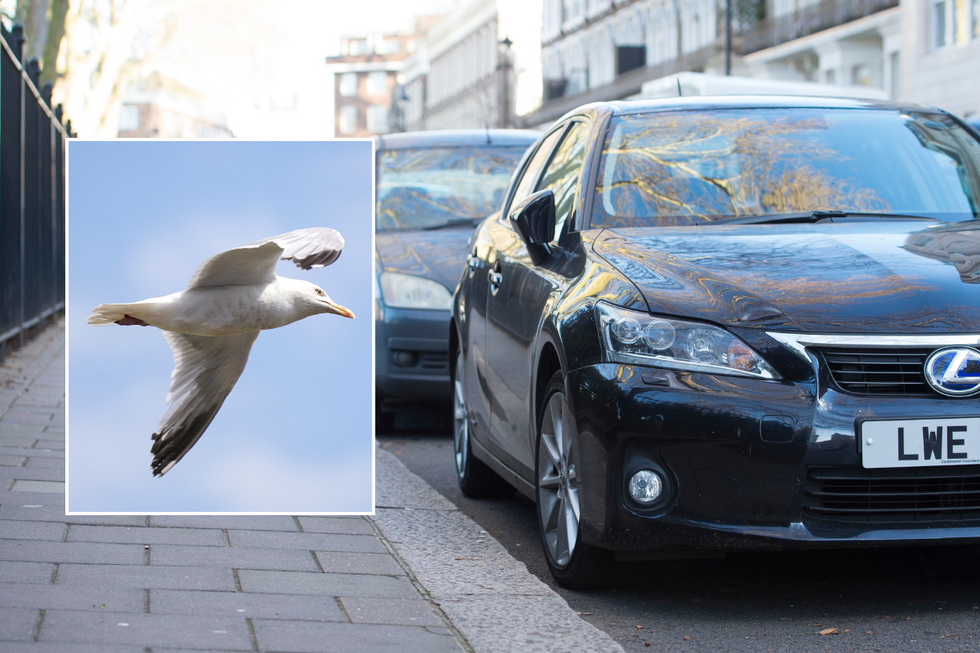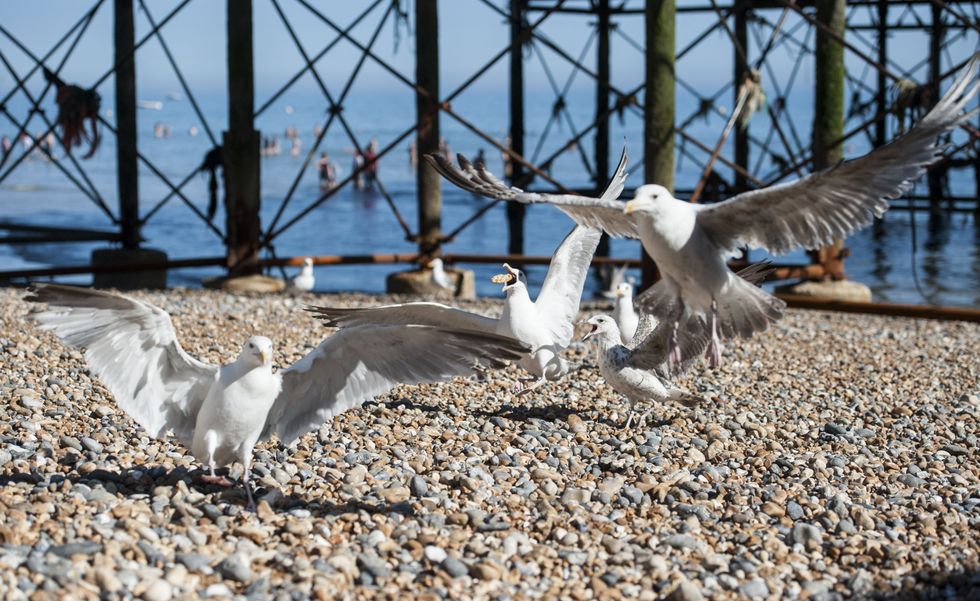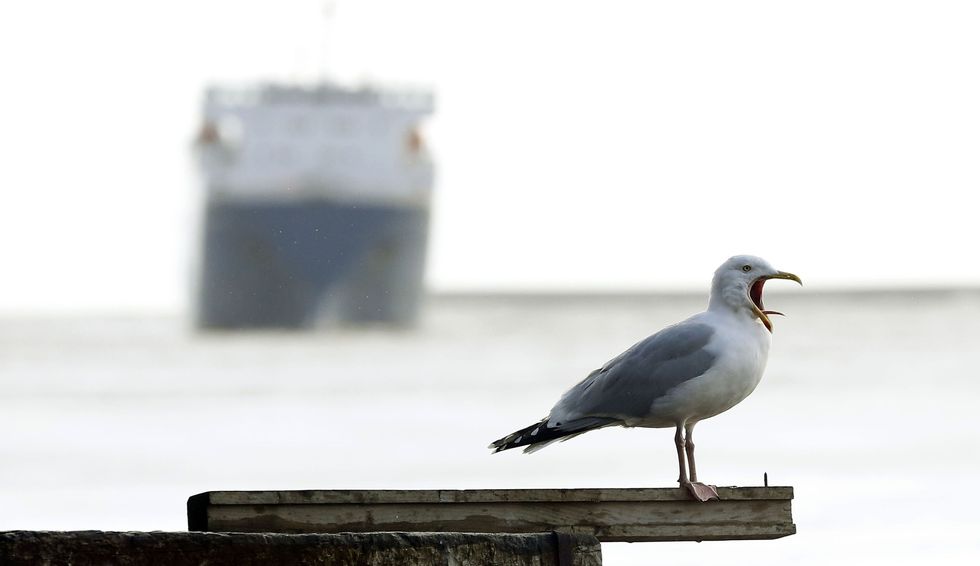Drivers issued urgent warning as 'drunk' seagulls attack cars and cause 'unexpected trouble'

WATCH: Bev Turner SLAMS 'war on motorists' as roads crumble and cars crawl to a HALT
|GB NEWS

Motorists have warned of seagulls swooping down towards cars on the road
Don't Miss
Most Read
Drivers are being warned of danger on roads this summer amid a potential rise in the number of seagulls.
Animal welfare organisations are cautioning motorists to exercise increased vigilance around seagulls that may appear intoxicated or confused after consuming flying ants during seasonal swarms.
Sompting Wildlife Rescue in Sussex has issued an alert about the phenomenon, which occurs annually when flying ants emerge from their nests in warm weather.
The charity warned that gulls consuming large quantities of these insects can display disoriented behaviour.
Do you have a story you'd like to share? Get in touch by emailing motoring@gbnews.uk

Experts are warning drivers to watch out for seagulls when on the road
|PA/GETTY
"When gulls gobble down a feast of ants, it can cause them to appear disoriented or 'drunk', stumbling around and struggling to fly properly," the organisation told The Argus.
The impaired movement of the seagulls makes them particularly susceptible to traffic incidents.
Flying ants typically emerge over several weeks during summer, with activity peaking for a few days when triggered by hot conditions.
Contrary to the popular belief in a single "flying ant day", the insects appear in waves throughout the season.

As the summer weather continues, more seagulls can be seen above roads
|PA
In certain areas of the country, the annual hatching has already commenced. Sompting Wildlife Rescue noted that this is "bringing unexpected trouble for our local seagulls".
The birds are known to congregate around these insect swarms and consume them in large quantities.
This feeding behaviour leads to the peculiar symptoms that make the gulls appear inebriated, affecting their ability to navigate and fly normally.
Social media posts have documented unusual sightings of seagull flocks lingering in different locations, including road surfaces and cricket grounds.
LATEST DEVELOPMENTS:
Residents in warmer areas have reported an alarming number of birds apparently struck by vehicles.
Tilly from Eastbourne, East Sussex, observed six dead seagulls on local roads because "no one can be bothered to toot or go around them".
Another motorist travelling through the town witnessed a gull being killed after it failed to move from the road alongside other birds in its flock.
The sluggish reactions and impaired mobility leave the birds dangerously exposed to traffic hazards.

Some drivers have reported that their cars have been struck by seagulls swooping down
|PA
Scientists have challenged the long-held belief that formic acid in ants causes the apparent intoxication in seagulls.
Royal Society of Biology entomologist Rebecca Nesbit told BBC Countryfile that her research shows formic acid "is found in higher concentrations in Formica ants than in the species we're seeing most commonly on flying ant day".
"My answer to the question 'can gulls get drunk on flying ants?' would be no," Dr Nesbit stated. "Although formic acid can be toxic to birds, it is more likely that they are just too hot and full."
Experts now attribute the birds' sluggish behaviour to overeating during hot weather, similar to the lethargy humans experience after consuming a large meal on a sweltering day.










